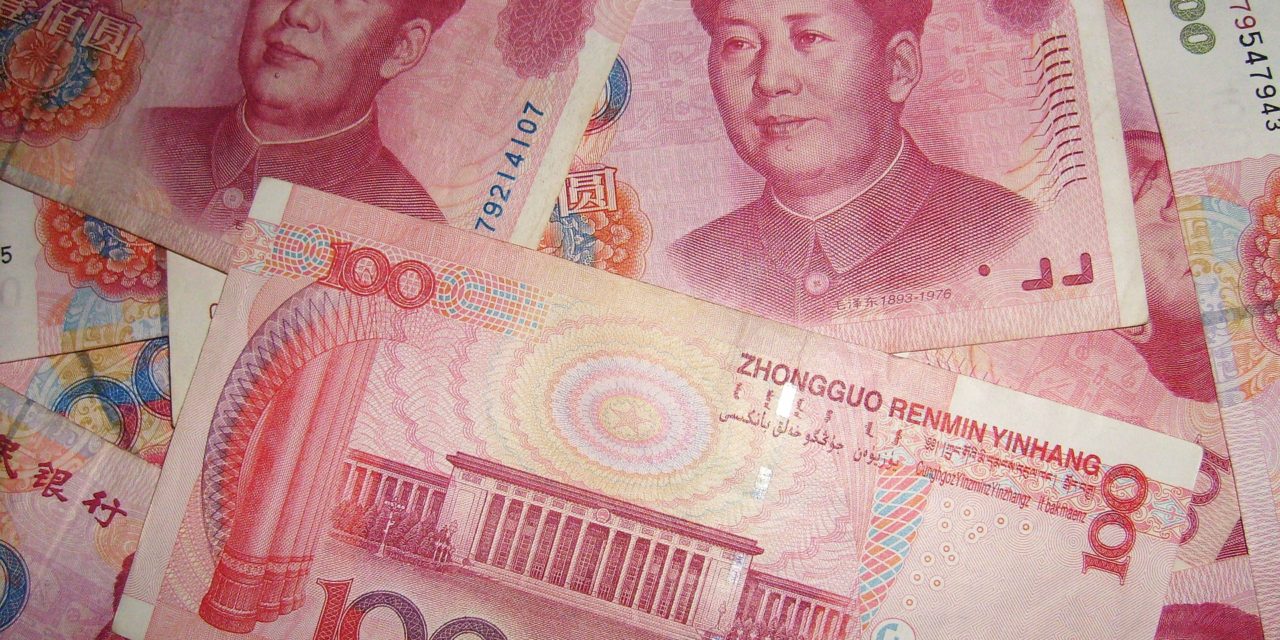China is poised to build up its yuan reserves in a bid to offer an alternative to the International Monetary Fund, which, at present, is predominantly funded with the US dollar.
The Chinese central bank announced on June 25th that the country is collaborating with Hong Kong, neighboring nations Indonesia, Malaysia, Singapore, and Chile under the Renminbi Liquidity Arrangement. Each of the aforementioned states will contribute 15 billion yuan, equivalent to $2.2 billion. All funds contributed to the agreement will be stored in China’s Bank for International Settlements.
According to an official statement, participating nations can draw upon the deposited reserves whenever they need liquidity. Aside from their own contributions, member nations may also access other means of funding via a collateralized liquidity window.
A BRICS-centric Reserve Currency
Before the announcement, China had teamed up with Russia in an attempt to create a new reserve currency together with Brazil, China, and South Africa.
At the BRICS Business Forum held in June, Russian President Vladimir Putin stated that the possibility of creating such an international reserve currency based on the currencies of involved nations was being reviewed. He added that BRICS member countries would also be open to working with all fair partners.
Are We Nearing the End of an Era?
Recent international deals priced in yuan rather than dollars have made the news over the past several months, giving several economists an inkling that businesses across the globe are shifting from a reliance on the US currency.
Back in March, Saudi oil executives announced closing a deal priced in yuan instead of US dollars. This, in turn, has made the North American financial sector more than a little uneasy.
Professor Aleksandar Tomic, associate dean for strategy, innovation, and technology at Boston University, opines that, contrary to some comments, this deal is anything but symbolic. Indeed, the Chinese are not the only ones seeking an alternative reserve currency to the US dollar. He added that the need of other nations for dollar reserves had exposed them to the US financial sector; in turn, this has given the country political leverage worldwide.
In May of this year, Chinese state media reported that the country’s foreign exchange reserves, considered the largest in the world, showed significant growth for the first time this year. China’s dollar reserves were up by $80.6 billion, bringing its total up to $3.13 trillion in the middle of the second quarter.















